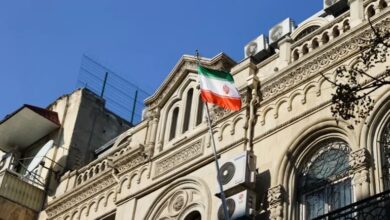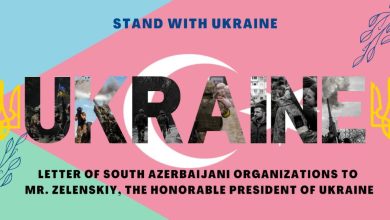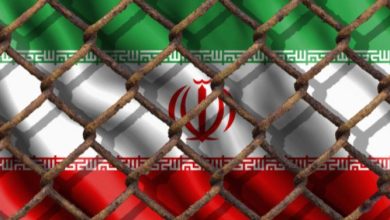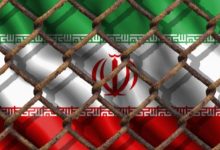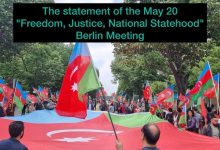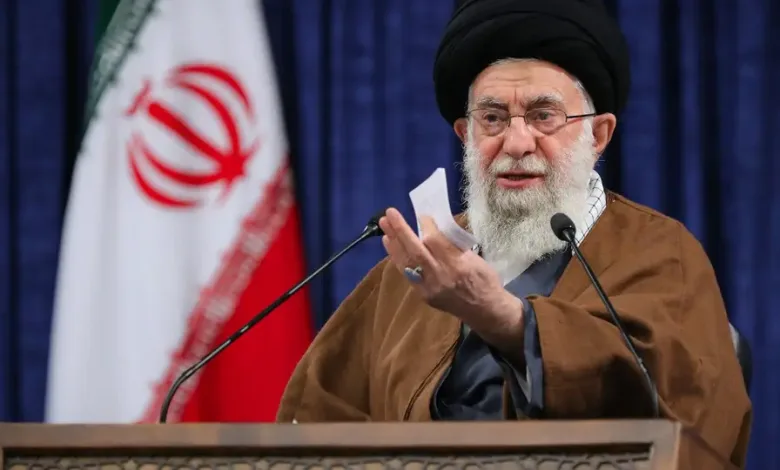
The possibility of holding direct talks with the United States, and also the idea of an interim nuclear agreement have led to optimism among observers in Tehran.
Rahman Ghahramanpour, a foreign policy expert in Iran says despite the possibility of Iran and the United States starting direct talks about the revival of the 2015 nuclear deal, he still believes it is more likely that the two sides reach an interim agreement for two or three years.
He said there is every indication that an agreement between Iran and the United States is imminent, but he also warned that nothing is certain yet. He argued there are serious problems that may not be resolved within a month.
Rouydad24, the website that has published the interview with Ghahramanpour says such an agreement could materialize within a month. The optimism by the moderate website coincides with a statement by the Iranian Foreign Ministry Spokesman Saeed Khatibzadeh who said on Monday that talks in Vienna have had good progress and many disagreements have been resolved.
Another indication of a slight positive tilt in Iran’s posture was Khatibzadeh’s quick response about releasing US prisoners in Iran saying it could be dome quickly if Iranians jailed in the US for sanctions violations are also freed.
In the meantime, commentators in Iran have noted that official remarks about possible direct talks with the United States have not raised typical objections by hardliners.
Referring to some Friday Prayer Imams who wholehearted supported and praised expansion of relations with Russia and China, Mohammad Mohajeri, a conservative commentator observed that hardliner pundits who were opposed to direct talks with America have been conspicuously silent after Foreign Minister Amir-Abdollahian said that direct talks between Tehran and Washington would be possible.
Khabar Online website in Tehran drew attention to a tweet by Hadi Mohammadi, a reporter close to the Iranian foreign ministry, in which he said: “The Foreign Minister cancelled a Monday morning news conference after he was called to a meeting with high-rankling officials [Islamic Republic’s jargon that means Supreme Leader Ali Khamenei].” The reporter noted that the meeting was about the nuclear negotiations.
He noted that the outcome of that meeting was quite a few vital decisions including holding direct talks with the United States. He also said that the nation should await new developments, but declined to elaborate.
Khabar Online also wrote about former hardline nuclear negotiator Saeed Jalili’s “mysterious silence.” Jalili is believed to be the arch enemy of direct talks with America.
Meanwhile, reporters in Tehran also quoted Mahmoud Abbas Zadeh Meshkini the spokesman for the parliament’s national Security and Foreign PolicyCommittee as having said, “We can have direct talks with the Americans if they show goodwill.” Foreign Relations Reporter Ameneh Mousavi wrote that this is probably an indication that a permission has been given to Iranian officials for limited direct talks.
Other Iranian reporters noted the change in the slant of IRGC’s Javan newspaper which for the first time talked positively about direct talks in a front-page headline. And reformist commentator Sadegh Zibakalam wrote in a January 25 tweet: “Negotiations with the United States are not as important as whether regime insiders, or outsiders are going to do it.”
Reporters in Iran and abroad noted that a shift has occurred in Iran’s approach to negotiations with the United States. They also noted that official opposition to direct talks has imposed a high cost on individual Iranians for a long time.


